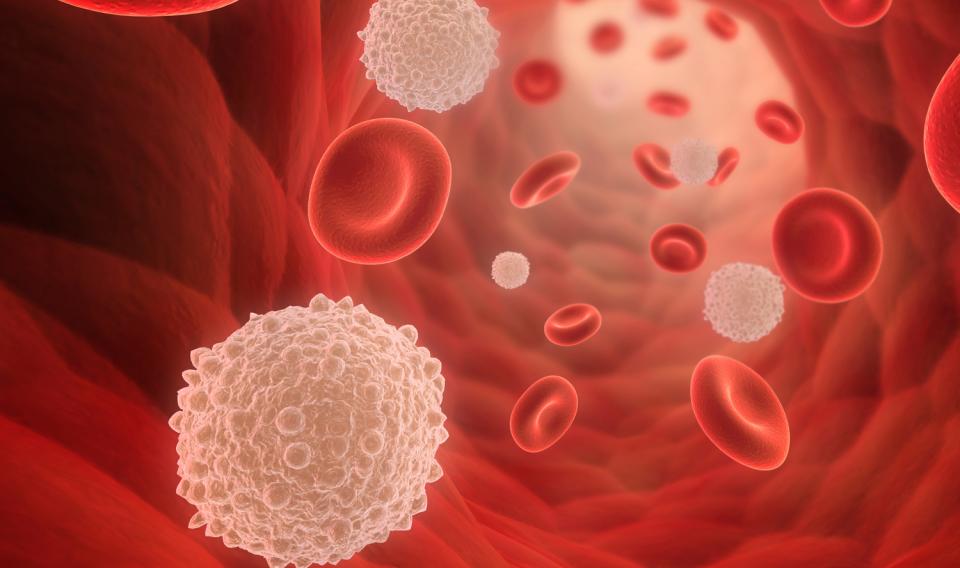
The first part of this module addresses key aspects of biochemistry and cell biology that underpin the science of haematology. Consideration will be given to how inherent or acquired abnormalities in genes, proteins and cells lead to diseases of the blood. There will also be a discussion of the emerging need for blood substitutes and current research in the area. The second part of the course deals with the practice of haematology in NHS laboratories. A range of diagnoses that are enabled through the analysis of blood will be explored, including haemoglobinopathies, coagulation disorders and leukaemia. The practicalities and limitations of blood transfusion will also be discussed.
Learning outcomes:
At the end of this module students will be able to:
1. explain key aspects of the science of haematology;
2. describe the underpinning biochemistry and molecular basis of haematological disorders;
3. explain the use and interpretation of haemoglobin electrophoresis and associated tests to detect abnormal haemoglobin;
4. describe the clinical importance of blood group markers and serological techniques in blood transfusion;
5. discuss the need for and development of blood substitutes;
6. explain the role of the National Blood Service;
7. describe the clinical applications of haematological techniques in diagnosing malignant and autoimmune disease;
8. demonstrate practical skills relevant to clinical haematology.
- Module Supervisor: Brandon Reeder